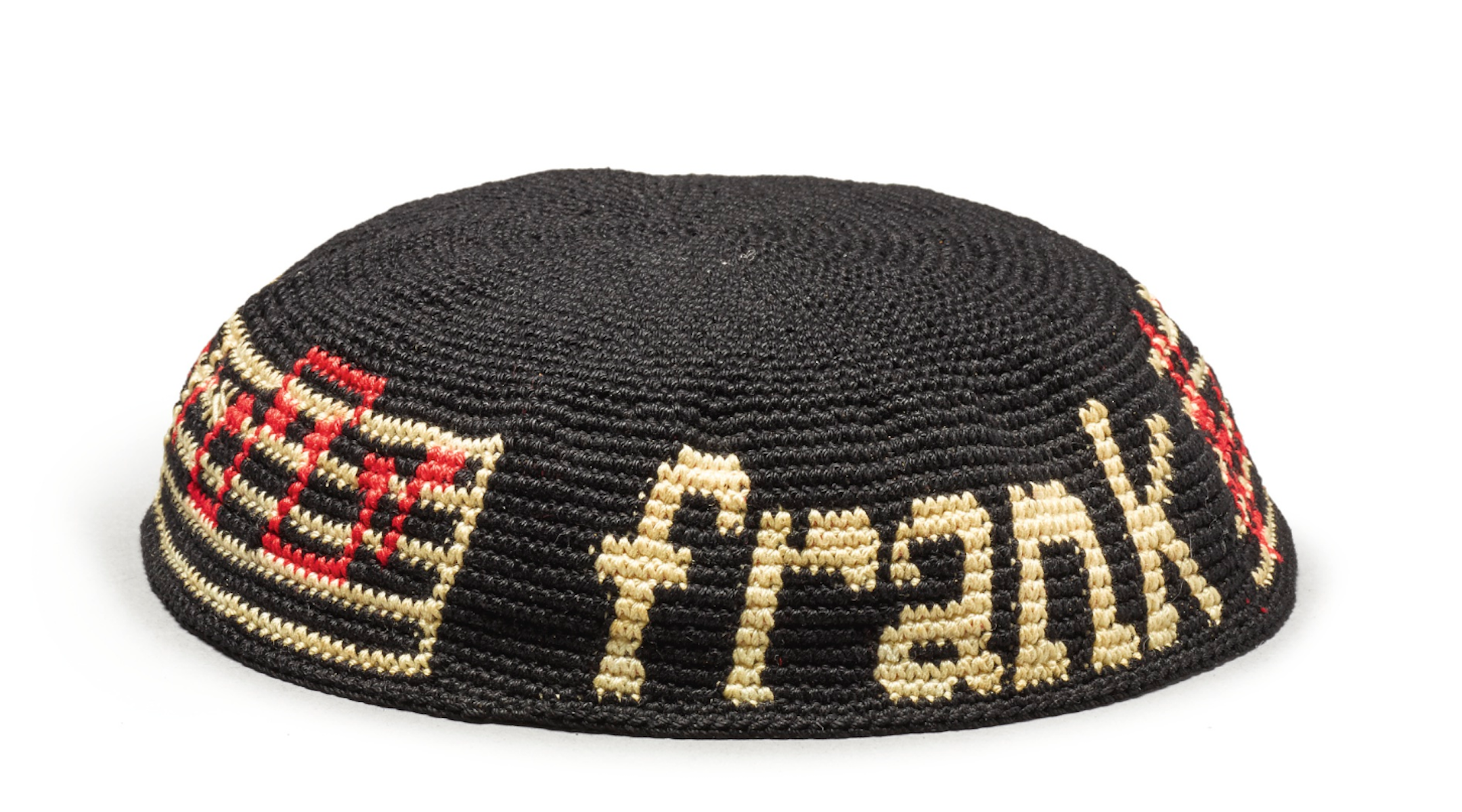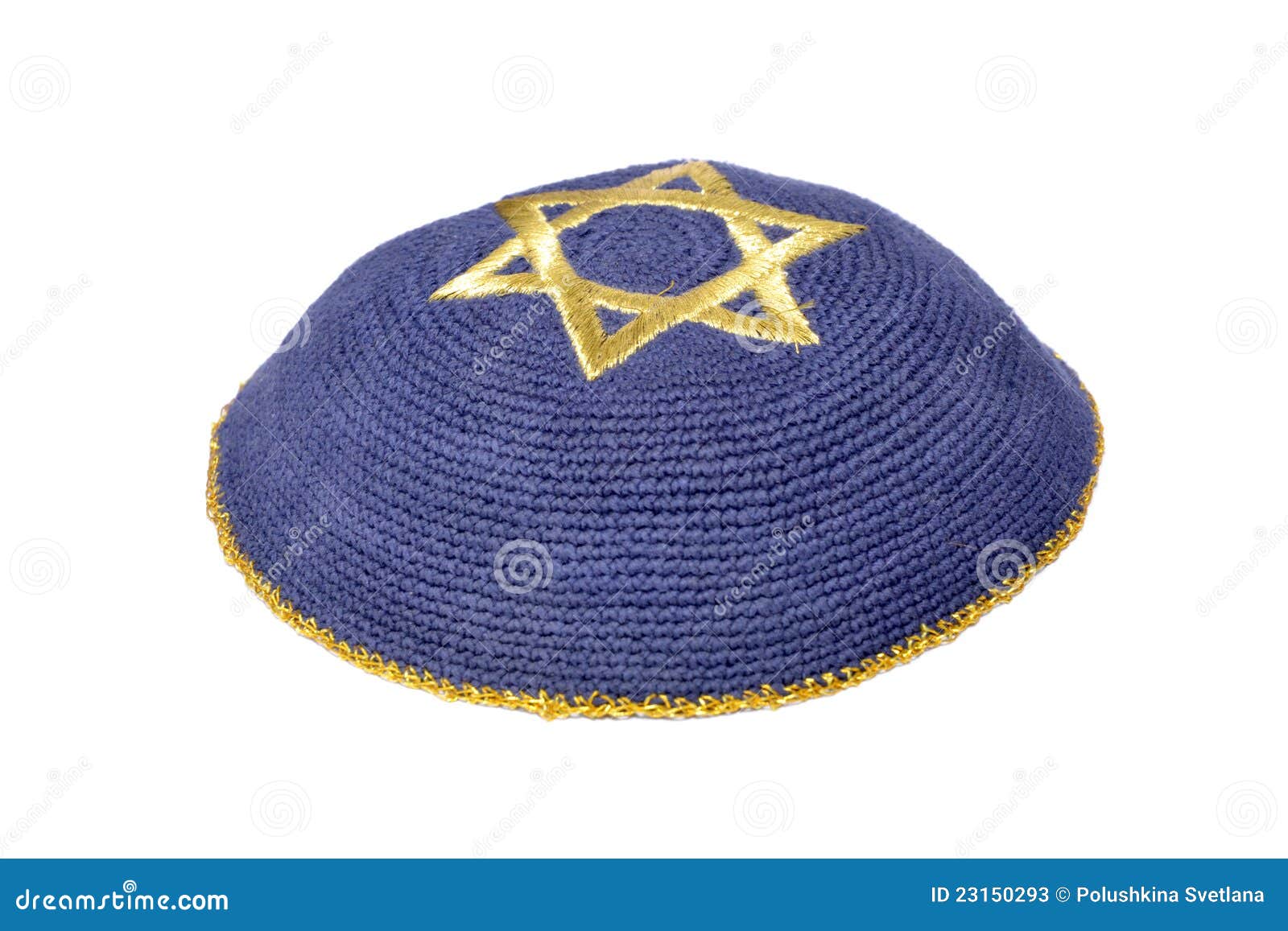What Does Yamaka Mean? Dive Into The Symbolic World Of Yamaka Meaning
So here we are, diving into the fascinating world of yamaka meaning. If you're reading this, chances are you've stumbled upon the term "yamaka" and are curious about what it really represents. Let's be honest, the word itself sounds intriguing, doesn't it? Yamaka, also known as yarmulke, is more than just a piece of clothing—it's a powerful symbol of faith, tradition, and identity. In this article, we'll explore the essence of the yamaka and uncover its deep cultural significance. Stick around because this is going to be a wild ride!
Before we get too deep into the details, let's address the elephant in the room. What exactly is a yamaka? Simply put, it's a small, round head covering traditionally worn by Jewish men. But don't let its size fool you. This little cap carries a lot of weight in terms of spiritual and cultural meaning. It's not just a fashion statement; it's a sign of respect, humility, and devotion to God. Pretty cool, right?
Now, why should you care about the yamaka meaning? Well, understanding the yamaka is like unlocking a door to a rich tapestry of Jewish culture and tradition. It's about appreciating the history, values, and beliefs that have shaped this iconic symbol over centuries. Whether you're Jewish or not, learning about the yamaka can broaden your perspective on faith and identity. So, let's dive in and uncover the secrets behind this little but mighty cap!
- Joji News The Latest Buzz On Your Favorite Music Sensation
- How Old Were The Little Rascals A Fun Dive Into Their Iconic Ages
Understanding the Yamaka Meaning: A Quick Overview
Let's break it down. The yamaka, or yarmulke, is a Hebrew word that translates to "awe" or "fear." In Jewish tradition, wearing a yamaka signifies the wearer's acknowledgment of a higher power—God—watching over them. It's like saying, "Hey, I know there's something bigger than me out there." Pretty profound, huh? This small cap serves as a constant reminder of one's relationship with God and the importance of living a life of humility and respect.
But here's the kicker—the yamaka isn't just for religious ceremonies. Many Jewish men wear it daily as a symbol of their faith. It's not just something you put on for special occasions; it's a part of their everyday lives. Think of it like a badge of honor, proudly worn to show one's commitment to their beliefs. And let's not forget, it comes in all sorts of styles and colors, making it a versatile accessory for any outfit.
Biography of the Yamaka: A Historical Journey
Now, let's take a trip back in time to uncover the origins of the yamaka. The history of the yamaka is as rich and complex as the tradition itself. It all started in ancient times when Jewish sages began wearing head coverings as a sign of reverence. Over the centuries, the yamaka evolved into the small, round cap we know today. It's been through wars, migrations, and cultural shifts, but its meaning has remained constant—a symbol of faith and identity.
- Nyc Subway D Train Stops The Ultimate Guide For Your Subway Adventures
- Cancel Progressive Auto Insurance A Straightforward Guide To Unhooking Without The Drama
Here's a little table to give you a quick snapshot of the yamaka's journey through history:
| Time Period | Significance | Style |
|---|---|---|
| Ancient Times | Head coverings worn by sages as a sign of respect. | Large, draped fabrics. |
| Medieval Period | Smaller caps become popular among Jewish communities. | Round, fabric caps. |
| Modern Era | Yamaka becomes a staple in Jewish culture worldwide. | Various styles and materials. |
Yamaka Meaning in Modern Times: A Symbol of Identity
In today's world, the yamaka has taken on new meanings while staying true to its roots. For many Jewish people, wearing a yamaka is a way to express their identity and pride in their heritage. It's like a silent declaration to the world: "This is who I am." And in a world where diversity is celebrated, the yamaka stands as a powerful symbol of cultural pride and resilience.
But here's the thing—wearing a yamaka isn't just limited to men. In some Jewish communities, women also wear head coverings as a sign of modesty and devotion. It's all about personal choice and expression of faith. So, whether you're a man or a woman, the yamaka can be a meaningful part of your spiritual journey.
Why Do People Wear Yamaka? Unpacking the Reasons
Let's talk about the reasons behind wearing a yamaka. Sure, it's a symbol of faith, but there's more to it than that. For one, it's a way to show respect in religious settings. Just like taking off your shoes before entering a mosque or temple, wearing a yamaka is a sign of reverence in Jewish spaces. It's also a way to connect with a larger community of believers, creating a sense of belonging and unity.
Here are a few reasons why people choose to wear a yamaka:
- To show respect to God.
- To express personal faith and identity.
- To honor Jewish traditions and culture.
- To feel connected to a global Jewish community.
Yamaka Styles and Materials: A Fashion Statement
Let's be real—the yamaka has come a long way in terms of style. Gone are the days of plain, boring caps. Nowadays, you can find yamakas in all sorts of colors, patterns, and materials. From traditional velvet to modern crocheted designs, there's a yamaka for everyone. And let's not forget about the custom options—yes, you can get a yamaka with your name or favorite sports team logo on it. How cool is that?
Here's a quick breakdown of popular yamaka styles:
Traditional Velvet Yamaka
Classic and elegant, the velvet yamaka is a staple in many Jewish households. Its rich texture and timeless design make it a favorite for formal occasions.
Crocheted Yamaka
Lightweight and breathable, crocheted yamakas are perfect for everyday wear. They come in a variety of colors and patterns, making them a fun and fashionable choice.
Kippah Snuggie
Yes, you read that right—a snuggie for your yamaka. This innovative design ensures your yamaka stays in place, no matter how active you are. Perfect for sports enthusiasts or anyone who wants to avoid the dreaded "yamaka slide."
Yamaka Meaning in Different Jewish Communities
While the basic yamaka meaning remains the same across Jewish communities, there are some variations in how it's worn and perceived. For example, in Orthodox communities, wearing a yamaka is often seen as a strict requirement, while in more liberal communities, it's more of a personal choice. Some communities even have specific rules about the size and style of the yamaka, depending on the occasion or setting.
Here's a look at how different Jewish communities approach the yamaka:
Orthodox Jewish Communities
In Orthodox communities, wearing a yamaka is a must. It's seen as a sign of piety and devotion, and men are expected to wear it at all times. The style and size of the yamaka may vary, but the importance of wearing it remains constant.
Conservative Jewish Communities
Conservative communities take a more moderate approach to the yamaka. While it's still an important symbol of faith, there's more flexibility in terms of when and how it's worn. Many men choose to wear a yamaka during religious services or in Jewish settings, but it's not necessarily a requirement.
Reform Jewish Communities
In Reform communities, wearing a yamaka is largely a personal choice. Some men choose to wear it as a way to connect with their heritage, while others may not wear it at all. The focus is more on individual expression and personal spirituality.
Yamaka Meaning Beyond Religion: Cultural Significance
While the yamaka is deeply rooted in Jewish tradition, its meaning extends beyond religion. In recent years, it's become a symbol of cultural pride and resilience. Many non-Jewish people have embraced the yamaka as a way to show solidarity with the Jewish community and celebrate diversity. It's a powerful reminder that faith and culture can coexist and enrich our lives.
Here are a few ways the yamaka has transcended its religious roots:
- As a fashion statement in mainstream culture.
- As a symbol of unity and diversity in interfaith events.
- As a way to honor Jewish history and traditions.
Common Misconceptions About Yamaka Meaning
Let's clear up some common misconceptions about the yamaka. First of all, it's not just a hat—it's a deeply meaningful symbol of faith and identity. Second, not all Jewish people wear a yamaka, and that's perfectly okay. It's a personal choice, and everyone's journey is different. Lastly, the yamaka isn't just for men. Women can also wear head coverings as a sign of devotion and modesty.
How to Choose the Right Yamaka for You
Picking the right yamaka can be a bit overwhelming, especially with so many options available. Here are a few tips to help you find the perfect fit:
- Consider the occasion—formal or casual?
- Think about your personal style—do you prefer classic or trendy?
- Choose a material that suits your needs—velvet for formal events, crocheted for everyday wear.
- Don't be afraid to express yourself with colors and patterns!
Conclusion: Embrace the Yamaka Meaning
And there you have it—a comprehensive look at the yamaka meaning and its significance in Jewish culture. Whether you're Jewish or not, understanding the yamaka can deepen your appreciation for faith, tradition, and identity. So, why not embrace the yamaka and all it represents? Whether you're wearing one or simply learning about it, you're contributing to a rich tapestry of cultural understanding.
Now, it's your turn. Share your thoughts in the comments below. Do you wear a yamaka? What does it mean to you? And don't forget to share this article with your friends and family. Let's spread the word about the incredible world of yamaka meaning!
Table of Contents
- Understanding the Yamaka Meaning: A Quick Overview
- Biography of the Yamaka: A Historical Journey
- Yamaka Meaning in Modern Times: A Symbol of Identity
- Why Do People Wear Yamaka? Unpacking the Reasons
- Yamaka Styles and Materials: A Fashion Statement
- Yamaka Meaning in Different Jewish Communities
- Yamaka Meaning Beyond Religion: Cultural Significance
- Common Misconceptions About Yamaka Meaning
- How to Choose the Right Yamaka for You
- Conclusion: Embrace the Yamaka Meaning
- South Lake Tahoe Newspaper Your Ultimate Guide To Local News And Beyond
- Unveiling The Legendary Talent Of Actor Stacy Keach Sr

Yamaka Hat Png This is how we jew it with star of israel shirt

Differences Between A Kippah, A Yarmulke, And A Yamaka (Facts Revealed

Jewish Yamaka